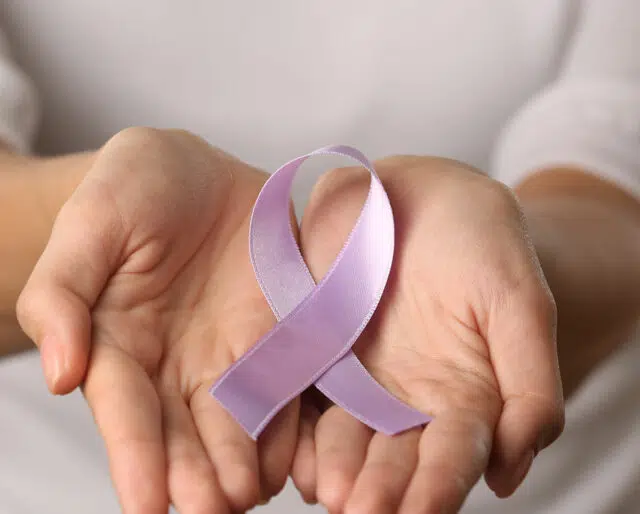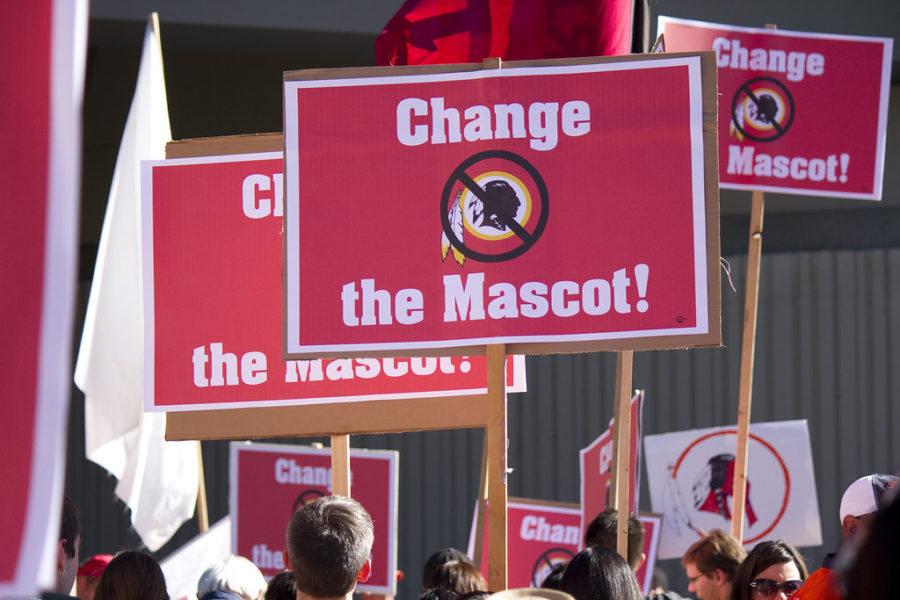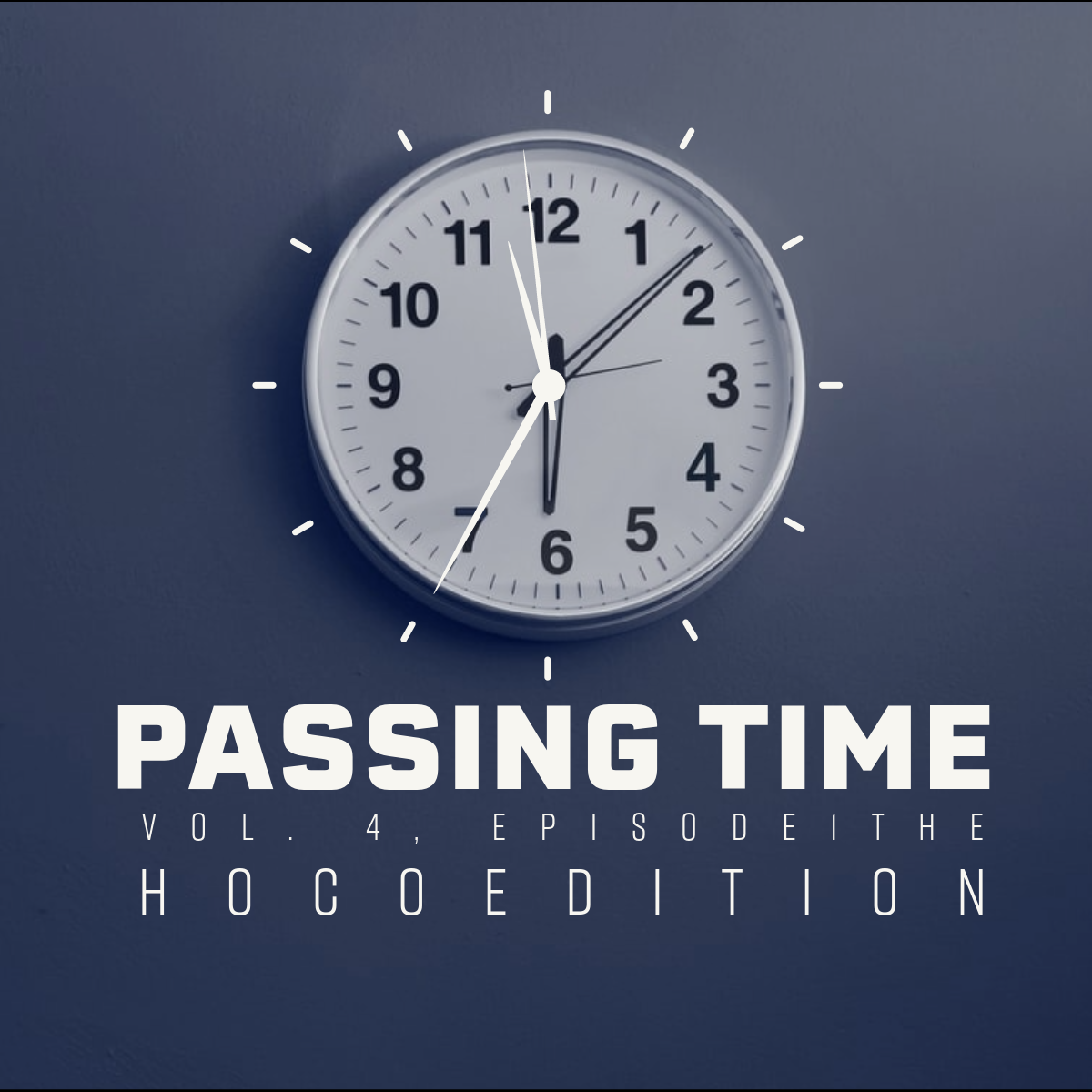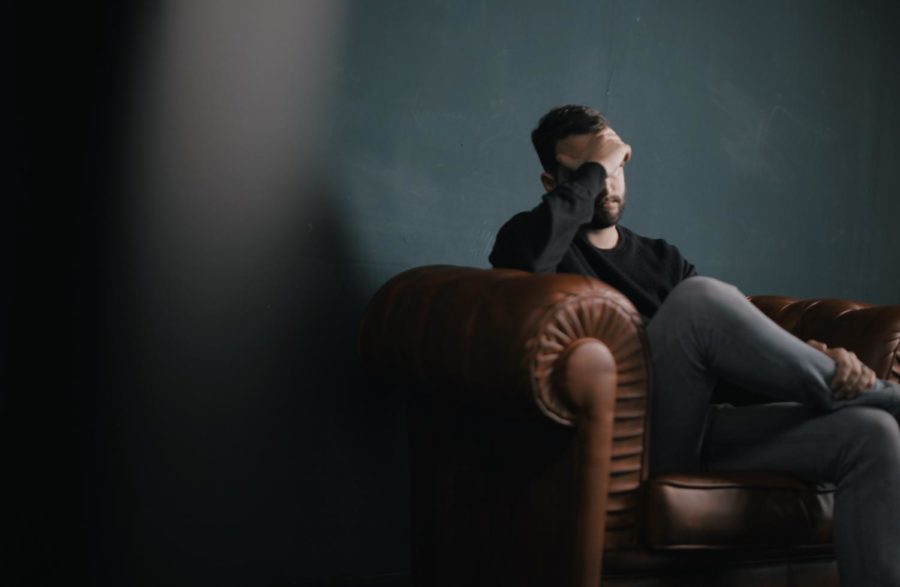We need to talk about mental health, for men
August 1, 2022
In 2010, 79 percent of suicides in America were committed by males. Men are four times as likely to commit suicide than women, yet men are far less likely to seek treatment.
When people go against societal expectations and feel shamed by their peers, that is where stigmas arise. However, in a world that is ever-changing to shift away from typical gender roles and stereotypes, these stigmas that people let control their decisions are becoming outdated and can easily be broken.
The stigma around men’s mental health is the most destructive of the stigmas we still face, with suicide being the lead cause of death for men under 50 in the UK. In almost all cultures, men are expected to be hyper-masculine. In the media, the men that children look up to are not only strong but quiet. Only recently have men started showing their vulnerabilities in films and television.
When boys are growing up, they are treated like men from a very young age. Boys are likely to be told to “walk it off” or “man up” if they get hurt or feel uncomfortable emotions. A child’s mind is very moldable, and phrases that may seem inconsequential can actually leave a lasting impact on the way a child will operate, especially when the behaviors are repeated. Young men often respond to uncomfortable emotions through anger because of a lack of understanding of their own emotions. This leads to them being sent to professionals that help them manage and suppress their feelings instead of talking about their feelings. By the time boys reach adulthood, they’ve been told through non-verbals that their emotions are non-masculine and something to be ashamed of. This makes men stigmatize their own emotions subconsciously.
The suppression of emotions almost always comes from a place of insecurity. Men feel as though they are supposed to be the rock for the people in their lives. Consequently, asking for help makes them a burden, therefore, they could not imagine telling their loved ones they have depression, anxiety, or any serious mental illness. Men may also feel that because they are not physically ill, they have no right to ask for help. According to Mental Health Awareness National, 6 million U.S men suffer from depression every year, and 90 percent of people diagnosed with schizophrenia before the age of 30 are men. I myself have dealt with depression and panic attacks for five years now, and the main reason I suppress these emotions is that I don’t feel like a man when I can’t. When men force themselves to be alone or are left to deal with these illnesses, other illnesses arise; Chiefly, addiction.
Depression and anxiety have direct ties to increased use of drugs and alcohol, and according to Everest Men’s Health, men are two to three times more likely to misuse drugs or alcohol than women. The National Institute of Alcohol Abuse or Alcoholism stated that 1 in 5 men will develop an alcohol dependency in their life and puts the annual figure of men dying due to alcohol-related causes at 62,000, compared to 26,000 women. Because many men don’t know how to properly cope with their feelings, they turn to unhealthy mechanisms like drugs and especially alcohol, but an overlooked fact is that addiction in itself is a mental illness. Addiction is not a reluctance to stop a behavior, but a chemical reprogramming of the brain that topples the brain’s concept of pleasure and corrupts the drive to learn and feel motivated. Similar to depression, anxiety or schizophrenia, addiction also has a stigma surrounding it. In almost all forms of media, addicts are represented as violent criminals with no redeeming qualities slumming it around at rock bottom. In actuality, addicts come from every background and status, and they are able to function normally in society. Unfortunately, they are either unable to recognize they need help or are ashamed because of the stigma surrounding addiction.
So what steps can be taken to abolish these stigmas and save the lives of millions of men? First is arming ourselves with knowledge. In school, there needs to be a more in-depth discussion of mental health and addiction, and instead of posing it as something negative to avoid, it needs to be addressed as something that can happen to anyone. There needs to be an emphasis that there is nothing to be ashamed of. The stigma is often strongest within oneself, which causes the afflicted person to be quiet about it, but it is likely they will show non-verbal warning signs. Educate yourself on behaviors that indicate depression or addiction and watch out for your friends, your family and yourself.
Furthermore, the media needs to show vulnerable men as commonplace. Thankfully, the men children look up to in movies have become more conflicted and vulnerable on screen thanks to companies like Marvel who show the toughest superheroes battling with internal noise, such as Spiderman; however, these superheroes still perform unimaginable feats and save the day no matter what. While this gets better, it needs to become common ground because the superficial men who show no emotion on screen are simply unrealistic and harmful. Additionally, we need men that are looked up to step forward and talk about their own struggles. While it sounds counterintuitive to demand that men open up, strong male figures showing their weaknesses could save lives. Plenty of men have opened up about their mental health like Pete Davidson, Dwayne Johnson, Terry Bradshaw, Michael Phelps, Kid Cudi and more, however, stories like this get no traction in the news. It’s not about demanding famous men to talk about their personal lives, it is about demanding that we show them we care for them and use their struggles to help other men.
Finally, we have to change the way we raise boys and break the cycle of men who feel they need to be strong and quiet. “Toxic masculinity” is a phrase that has been over-saturated and lost a lot of its meaning, but it is a causation of the unhealthy ways we see men cope. They have been conditioned to not ask for help, but especially to feel like they need to be in control at all times. Mental illness at its core makes a person feel out of control of their lives. This is where a lot of unhealthy symptoms like self-harm come from because those who are afflicted grasp on to anything that gives them a sense of control over their decisions and feelings. So one can imagine how a man who has been told he needs to be in control would shut down if he knows he no longer is. According to a 2017 “Man Box Study,” 59 percent of the surveyed men felt that, “Guys should act strong even if they feel scared or nervous inside.” Additionally, 40 percent concurred that “Men should figure out their personal problems on their own without asking for help.” What we need to condition men to feel is the fact that asking for help takes courage and thus is one of the manliest things someone can do.
The best advice is if you ever find yourself feeling anxious, depressed or irritable in general, go get treatment. Most men and people, in general, fail to admit that they feel this way or don’t think their problems are bad enough to warrant therapy or other treatments. No matter what you’re feeling, there are people whose job is to help you, and they would love to make sure you feel better. The stigma is often strongest within, so if you feel even for a second that you may have a mental illness, go with your gut. Don’t isolate yourself, the people in your life can’t offer their support if they don’t know what’s going on or can’t reach you. Dwayne Johnson summed it up in an interview with Oprah when he said, “You’re not alone. You’re not the first to go through it; you’re not going to be the last to go through it.”





























